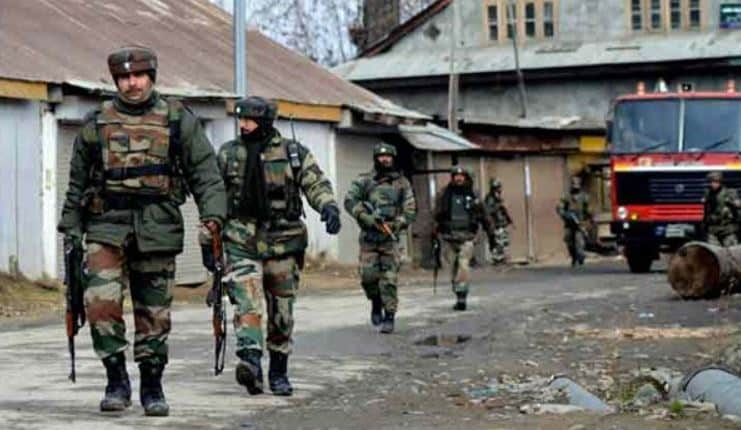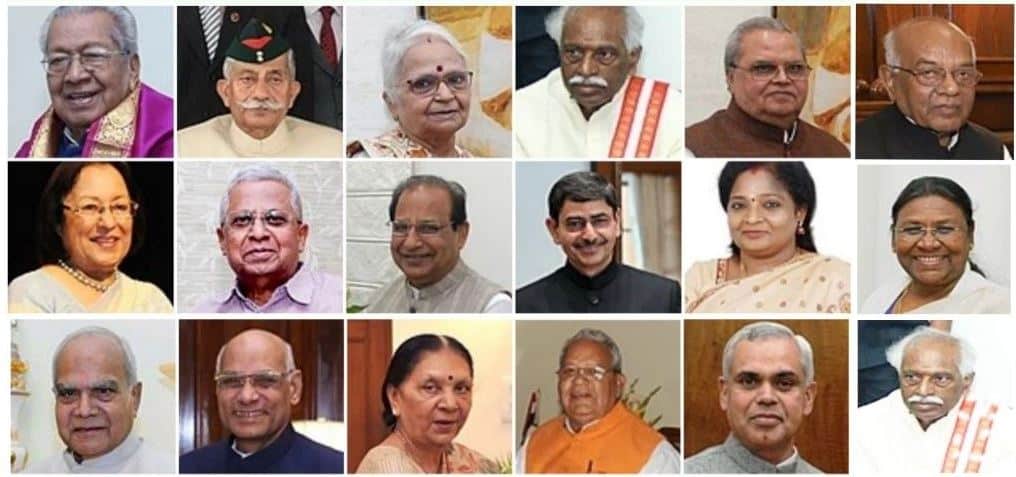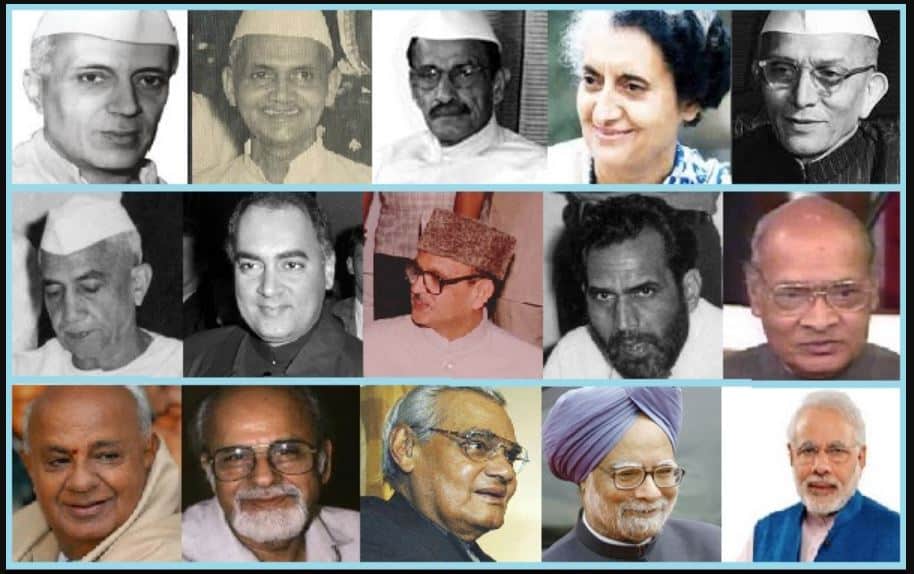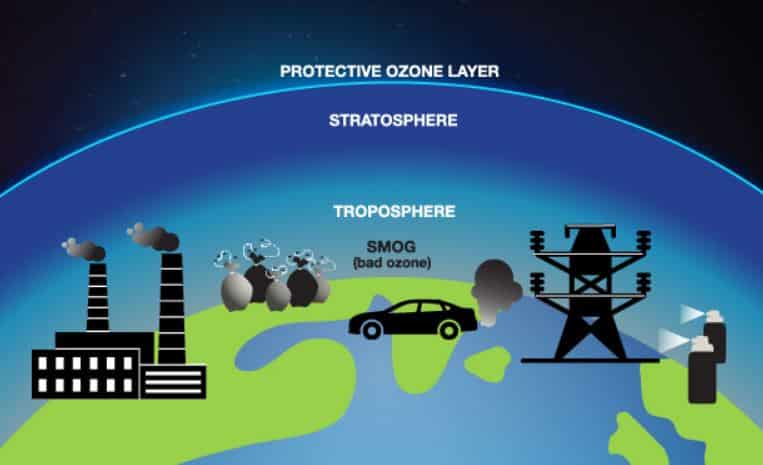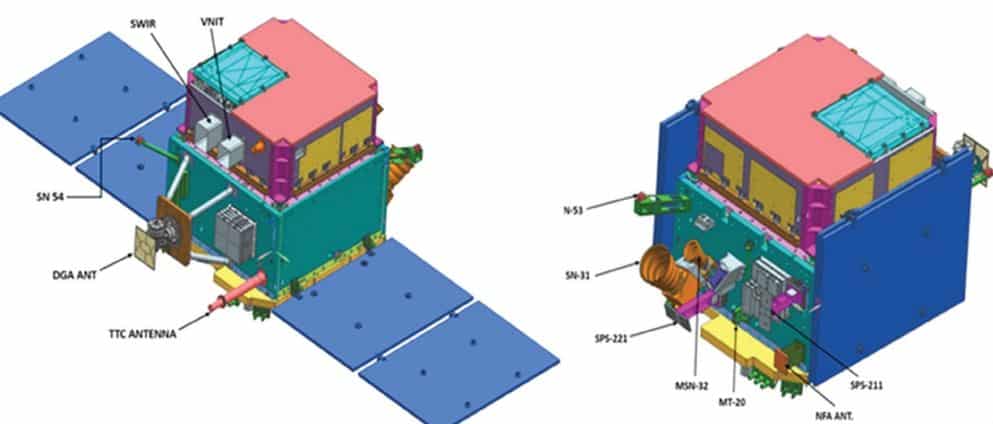Table of Contents
Armed forces Special Powers act AFSPA | UPSC – IAS
Armed Forces (Special Powers) Act, enacted in the year 1958, grants extraordinary powers and immunity to the armed forces to bring back order in the “disturbed areas”. Areas are considered disturbed “by reason of differences or disputes between members of different religious, racial, language or regional groups or castes or communities”. AFSPA empowers the Governor of the State/Union territory to issue an official notification declaring the state or a region within as a “disturbed area”, after which the Centre can decide whether to send in armed forces.
- Presently AFSPA is enforced in the 5 states of North East (parts of Arunachal, Assam, Manipur, Mizoram & Nagaland) and J&K. AFSPA was removed from Tripura in 2015 and from Meghalaya in 2018.
According to the Armed Forces Special Powers Act (AFSPA), in an area that is proclaimed as “disturbed”, an officer of the armed forces has powers to:-
- After giving such due warning, Fire upon or use other kinds of force even if it causes death, against the person who is acting against law or order in the disturbed area for the maintenance of public order,
- Destroy any arms dump, hide-outs, prepared or fortified position or shelter or training camp from which armed attacks are made by the armed volunteers or armed gangs or absconders wanted for any offence.
- To arrest without a warrant anyone who has committed cognizable offences or is reasonably suspected of having done so and may use force if needed for the arrest.
- To enter and search any premise in order to make such arrests, or to recover any person wrongfully restrained or any arms, ammunition or explosive substances and seize it.
- Stop and search any vehicle or vessel reasonably suspected to be carrying such person or weapons.
- Any person arrested and taken into custody under this Act shall be made present over to the officer in charge of the nearest police station with least possible delay, together with a report of the circumstances occasioning the arrest.
- Army officers have legal immunity for their actions. There can be no prosecution, suit or any other legal proceeding against anyone acting under that law. Nor is the government’s judgment on why an area is found to be disturbed subject to judicial review.
- Protection of persons acting in good faith under this Act from prosecution, suit or other legal proceedings, except with the sanction of the Central Government, in exercise of the powers conferred by this Act.
Rationale behind imposition of AFSPA | UPSC – IAS
- Effective functioning: It is essential for the armed forces to function effectively in insurgency and militancy affected areas.
- Security of nation: Provisions of this act have played a crucial role in maintaining law and order in disturbed areas. Thus, protecting sovereignty and security of the nation.
- Protection of member of armed forces: It is crucial to empower members of armed forces who constantly face threat to their lives at the hands of insurgents and militants. Its withdrawal would result in poor morale.
Extra-ordinary powers are also necessary as the armed forces face asymmetric warfare involving raids, ambushes, mines and explosive devices, sabotage etc.
Arguments against AFSPA | UPSC – IAS
- It has been alleged that immunity granted by the act has led the armed forces to misuse the powers and commit offences like enforced disappearances, fake encounters and sexual assault.
- It leads to suspension of fundamental rights and liberties guaranteed to the citizens by the constitution. Thus, it weakens democracy.
- People’s disillusionment with democratic setup is exploited by secessionists and terror sympathizers, which leads to more violence & more counter violence creating a vicious cycle.
- Critics argue that this act has failed in its objective of restoring normalcy in disturbed areas although being in existence for about 50 years.
- Human rights violations in AFSPA areas are not inquired into and followed by adequate action. Thus, it is against the principle of natural justice.
- Justice Verma committee (on offenses against women in conflict areas) said AFSPA legitimizes impunity for sexual violence E.g. Kunan Poshpora incident; Thangjam Manorama case in Manipur
- Justice Santosh Hegde Committee to investigate fake encounters in Manipur described it as a “symbol of oppression”
- Justice Jeevan Reddy Committee recommended removal of absolute immunity under AFSPA.
A Way Forward | UPSC – IAS
- It needs to be emphasized that human rights compliance and operational effectiveness are not contrarian requirements. In fact, adherence to human rights norms and principles strengthens the counter insurgency capability of a force.
- Protection for the armed forces must be accompanied by provisions that ensure responsibility and accountability, within the parameters of law. It is for this reason that robust safeguards need to be incorporated in the existing or any new law.
- The terms like “disturbed”, “dangerous” and “land forces” need to be clearly defined to ensure greater clarity.
- Greater transparency in communicating the status of existing cases to include its display on the army and government websites.
- Proactive feedback to petitioners on action taken by the government in past human rights cases.

